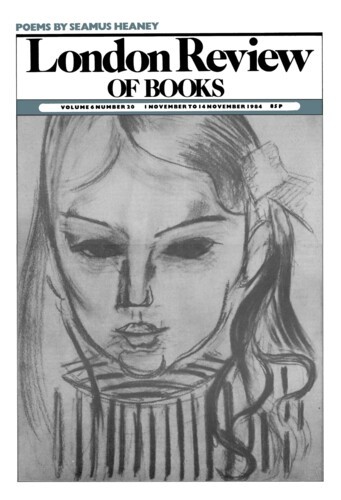Cosima von Bülow (née Liszt) met the composer Richard Wagner briefly in 1853, lived with him from 1864, bearing three children, and married him in 1870. She was a devoted wife, who put up with every whim and eccentricity of a being she acknowledged as the embodiment of genius: she had married her first husband after she had heard him conducting the overture to Tannhäuser and realised that genius needed genius to interpret it: in her relation with Richard she was to display her own genius too. From 1869 she kept an extensive diary in which almost no insignificant or significant event or word concerning Wagner was omitted. It formed an extensive and intimate record. For a long time the diary remained unpublished because of a characteristically bitter family dispute in Bayreuth, though some of its substance had appeared in a garbled and unacknowledged form in the early biography of Wagner by Glasenapp, and was subsequently used by other Wagner scholars. This diary was published in Germany a few years ago, and became instantly a central work for an understanding of Wagner; the edition is now complete in English, in a magnificent and accurate translation by Geoffrey Skelton, and is accompanied by the splendidly detailed notes of the German edition by Martin Gregor-Dellin and Dietrich Mack, with additions by the translator.
Cosima von Bülow (née Liszt) met the composer Richard Wagner briefly in 1853, lived with him from 1864, bearing three children, and married him in 1870. She was a devoted wife, who put...


